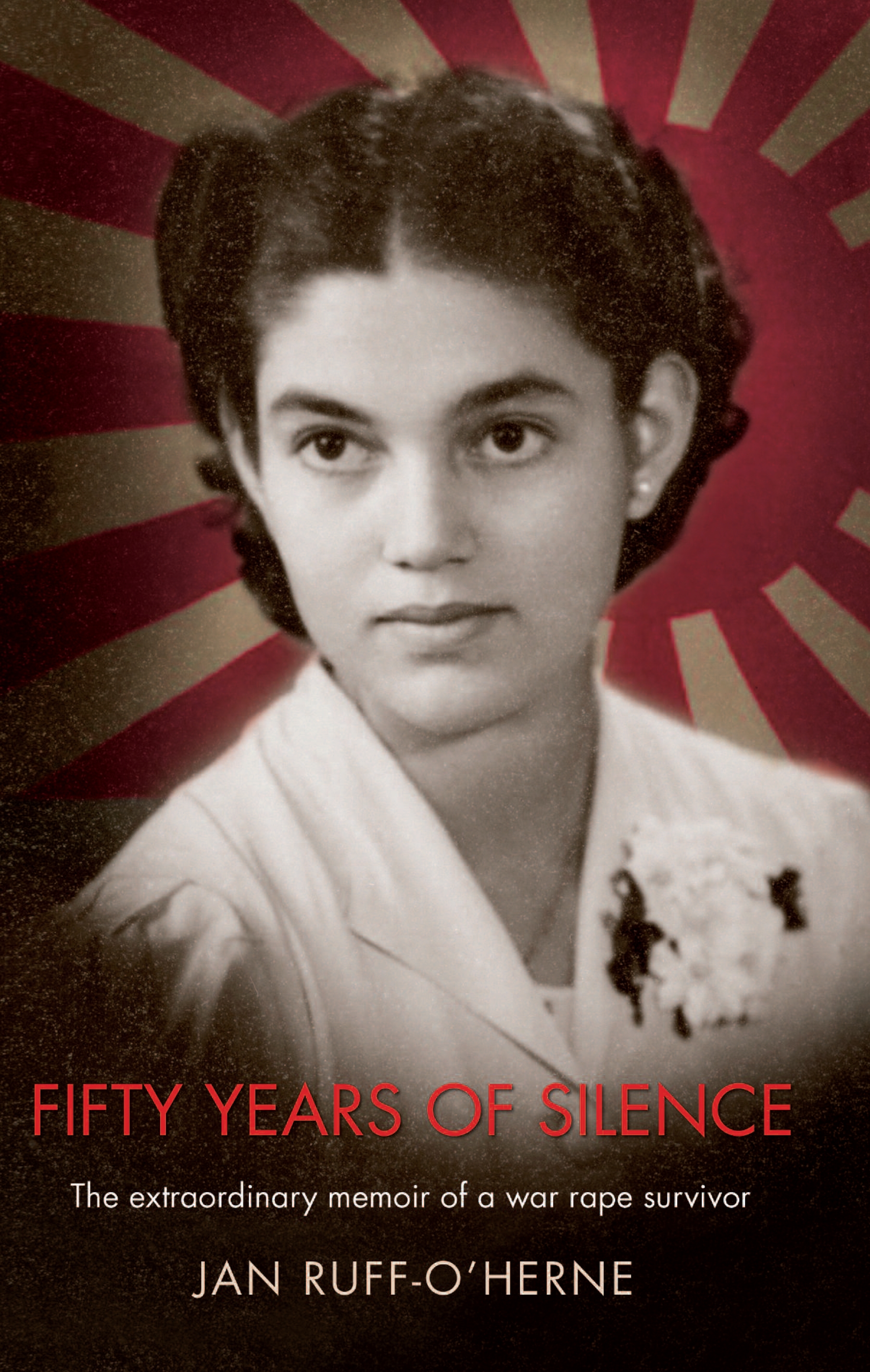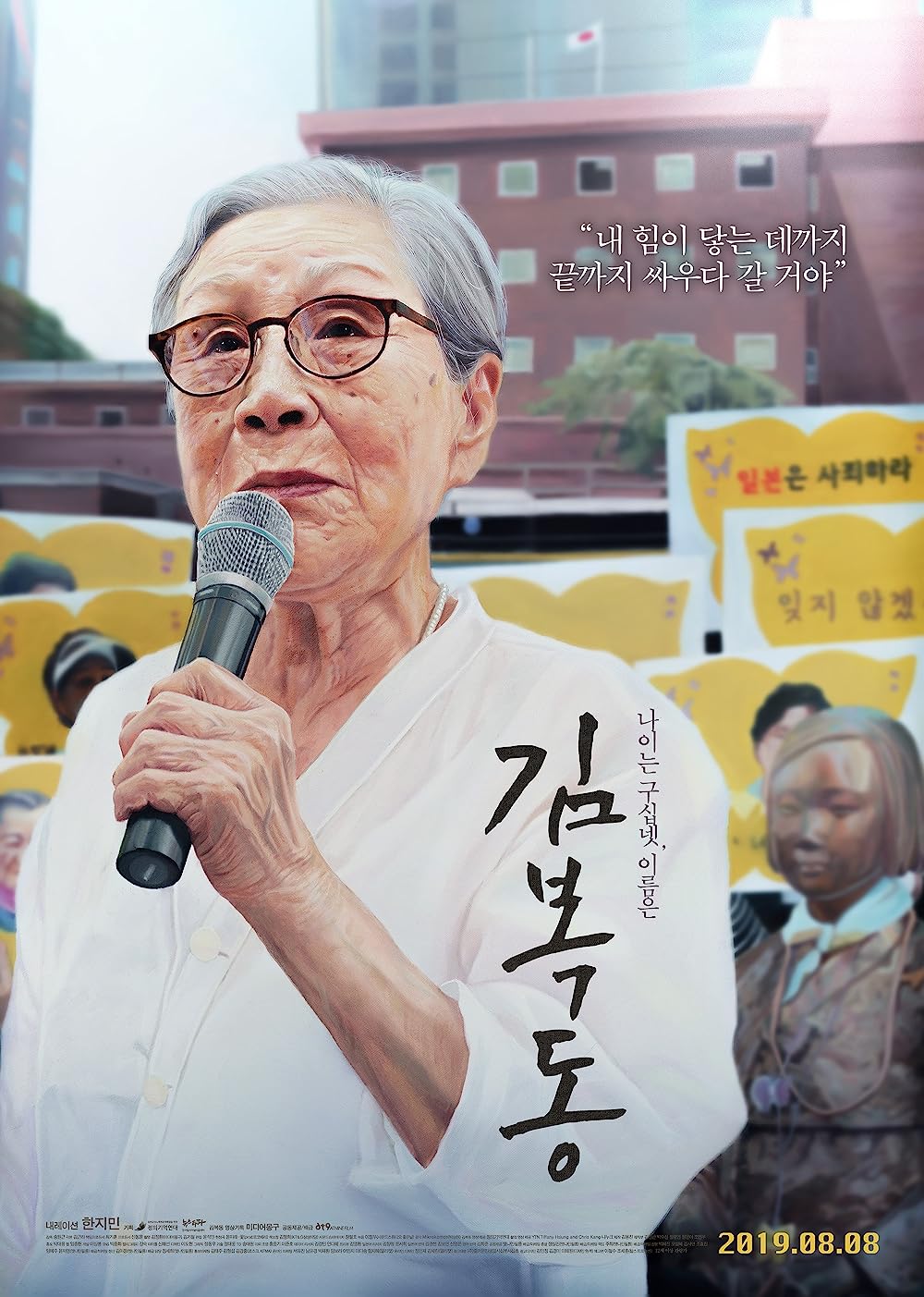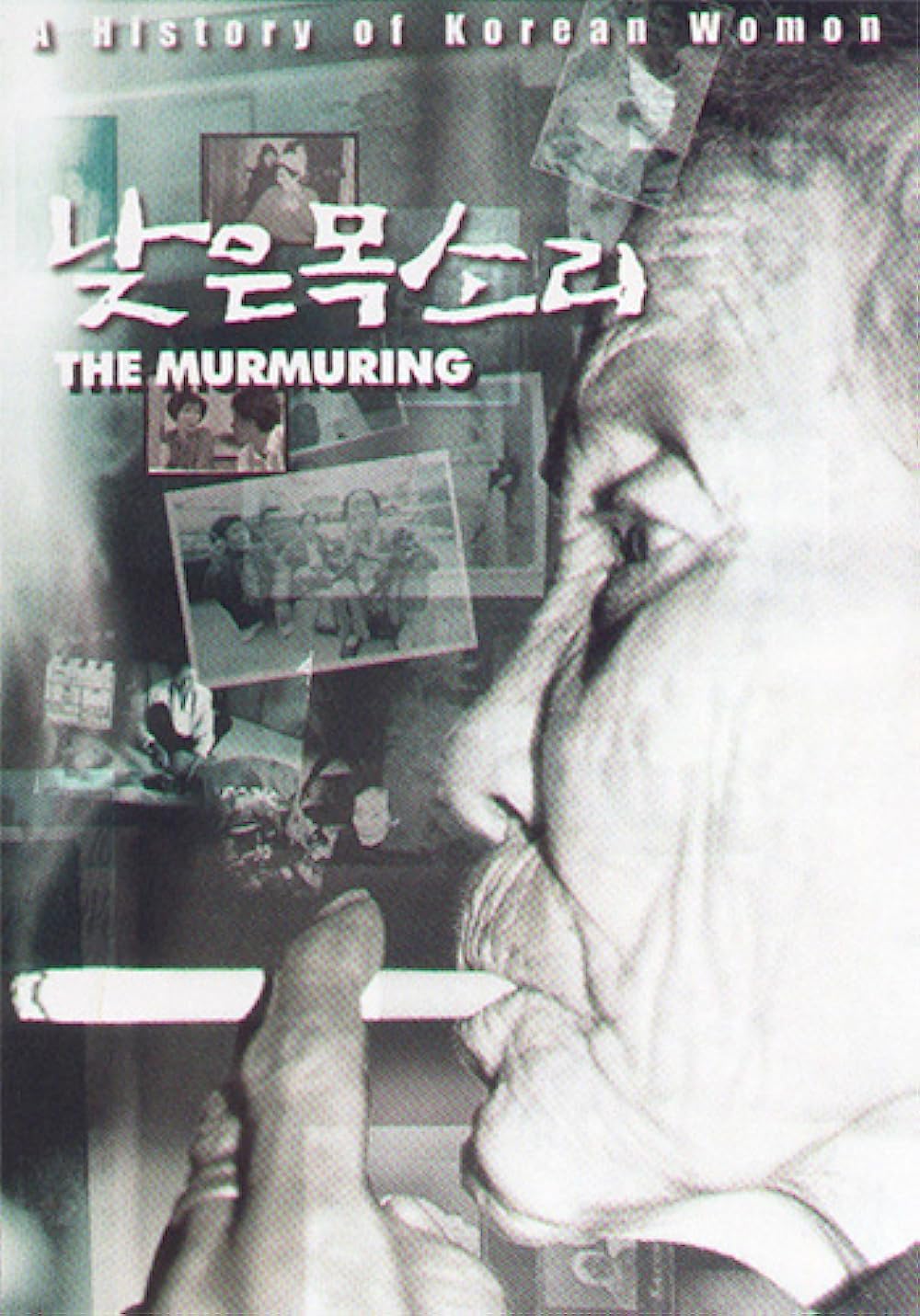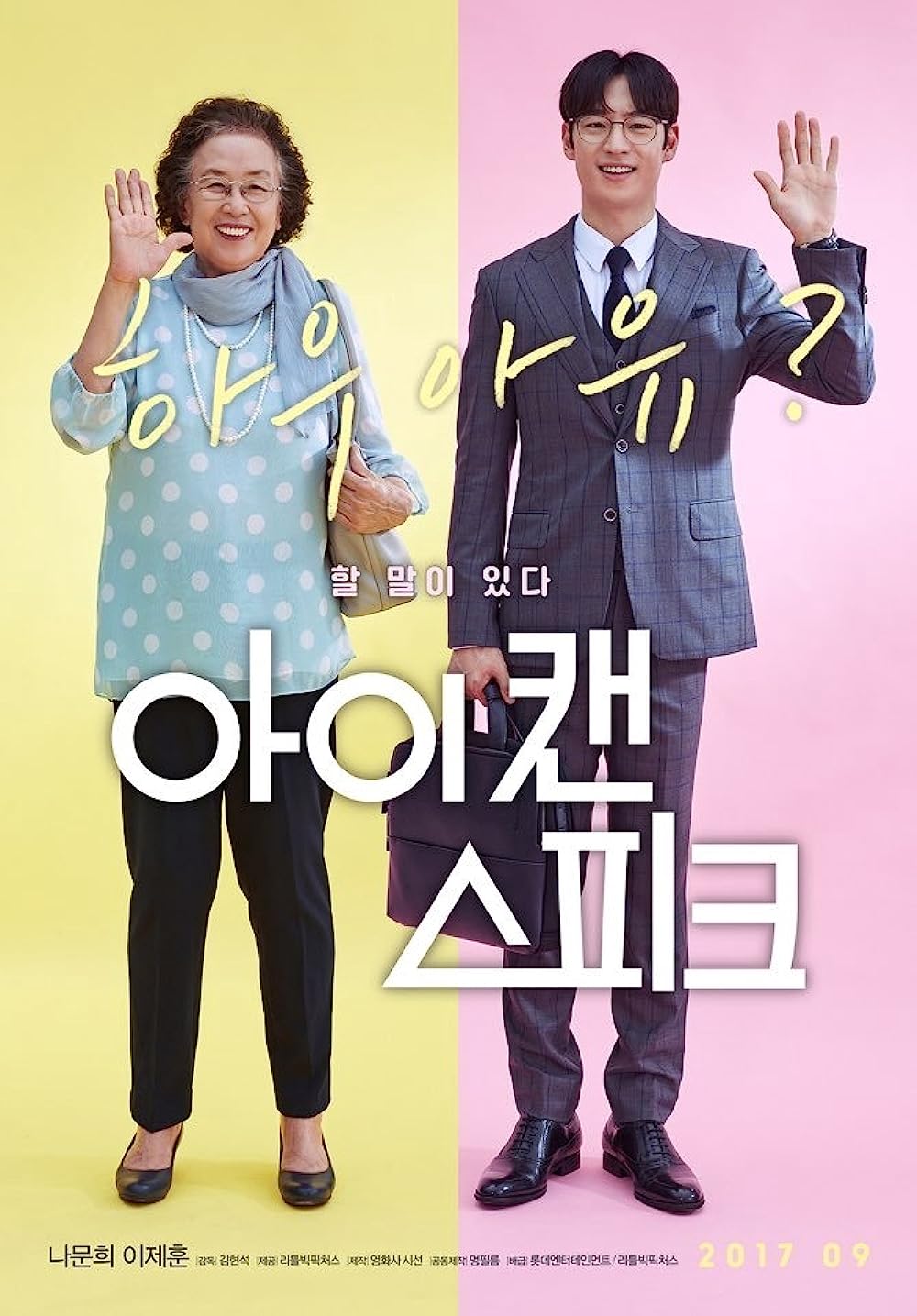DOCUMENTARIES
50 Years of Silence - The story of Jan Ruff O'Herne., réalisé par Ned Landee.
1995
Synopsis: During the Japanese occupation of Korea in World War II, some 200,000 Korean women were kidnapped, deported, raped, beaten, killed and abandoned. Few escaped, and the survivors were left physically and psychologically wounded. In this book, young Korean author Jung Kyung-a tells the true story of these "comfort women", sent to Japanese army camps to serve as sex slaves. Femmes de réconfort retraces the poignant journeys of a Japanese doctor in charge of the prisoners' health, a Dutch colonist's daughter and a young Korean woman, the latter two still alive today. While remaining precise and well-documented, this story now exposes the reality of this tragedy to the general public through the medium of comics..

My name is Kim Bok dong(김복동), réalisé par Won-Geun Song.
2019
Synopsis: In 1992, KIM Bok-dong presented herself as a victim of sexual slavery, "comfort women" during the First World War. She wanted an apology from the Japanese government, but they denied any responsibility. In 2011, on the occasion of the 1000th Wednesday event, the Statue of Peace was installed in front of the Japanese embassy. The fight for Japan reaches a new stage...

FILMS INSPIRED BY REAL-LIFE EVENTS AND TESTIMONIALS
The Murmuring, réalisé par Byun Young-joo.
1995
Byun Young-joo has directed "The Murmuring", the first Korean documentary to be shown in cinemas, tracing the history of "comfort women" in the country. It is also the first documentary on this subject. The film follows six women, Kim Haksoon, Kim Soondeok, Park Okryeon, Park Doori, Lee Youngsook and Kang Deokkyeong, who lived together in an old house nicknamed the House of Sharing. Every week, they demonstrate in front of the Japanese embassy in Seoul with other women to demand justice for the suffering inflicted by Japanese soldiers. In this film, Byun presents a world without men, where women are the sole protagonists. They support each other, live together, talk and argue, but above all they understand the pain that men have inflicted on them. Japanese soldiers treated them dehumanizingly, while their Korean husbands beat, cheated and abused them simply because they were women. Many of them hated life after living in an environment of rejection and abuse.

I can speak, réalisé Hyun-seok Kim.
2017
An elderly woman regularly visits the district office to lodge complaints whenever a problem arises in the life of one of her acquaintances. Each time, it's the same young official who listens to her grievances. Although he finds it hard to put up with her, everything changes when the old lady asks him to teach her to speak English. Min Jae discovers that Ok-Bun wants to learn English in order to fulfill her friend Jeong-Shim's dream of testifying at the Comfort Women's Public Hearing in Washington D.C. Both women suffered at the hands of the Japanese army during the Second World War. Despite Ok-Bun's preparation, the pressure of this new environment prevents her from expressing herself properly. When the audience begins to doubt his sincerity, Ok-Bun spots Min Jae in the audience. The sight gives him the courage to speak out and denounce the injustices committed by the Japanese army.


